Hyundai Co. aims to purchase 10,000 ha farmland in Brazil
- MBN
- 10 May 2010
South Korea's Hyundai Corporation is trying to purchase 10,000 ha of farmland in Brazil to grow soybeans for the Korean market

South Korea's Hyundai Corporation is trying to purchase 10,000 ha of farmland in Brazil to grow soybeans for the Korean market

MIGA, the political risk insurance arm of the World Bank, will support up to $50 million of Chayton's agribusiness investments in Zambia and Botswana
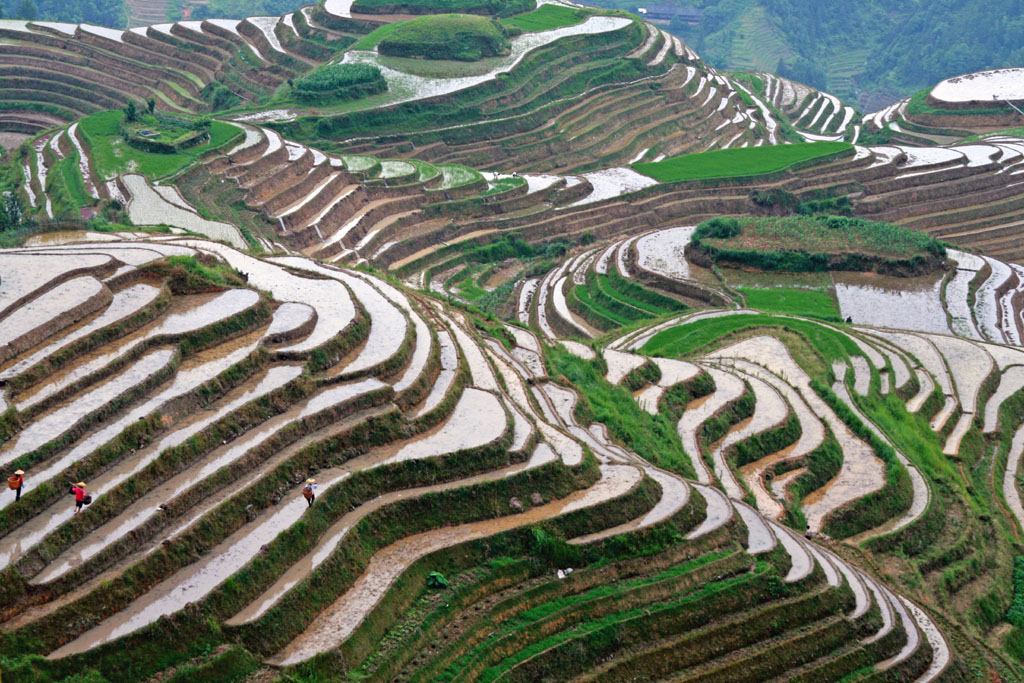
Cargill's private equity firm says it will set up farms in Asia where "there is a huge lack of competency in farm management practices."

The recent food crisis has triggered a rush for agricultural land overseas. We will debate this challenge at the North-South Forum, organised jointly by the NCCR North-South and the North-South Centre in Zurich on 18 May 2010
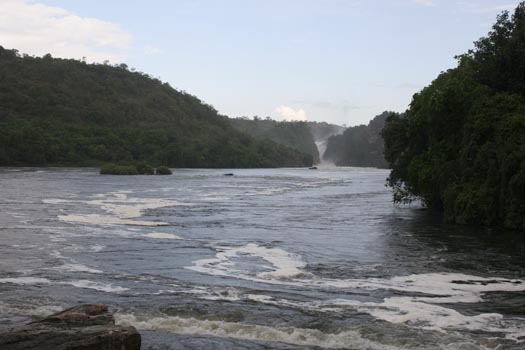
"This workshop is the first in the world to explicitly discuss the implications of the water/food/land deals nexus," according to Martin Keulertz, Department of Geography, King’s College London
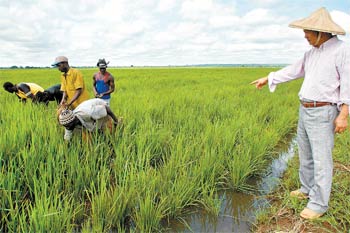
Executives from the South Korean company Hyundai are negotiating with state governments for the purchase of land in Brazil, with the objective of planting and exporting soya to South Korea.
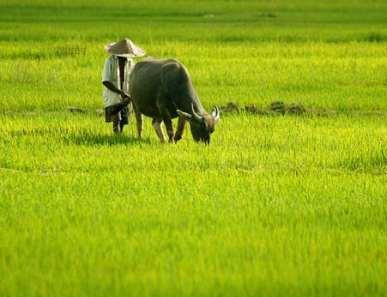
Environmentalists are up in arms over the latest design for the Merauke Integrated Food and Energy Estate in Papua, which they say will see more than 1.1 million hectares of forests converted into agricultural estates.
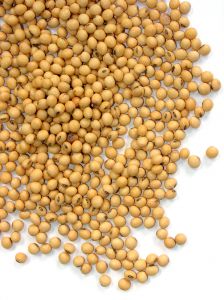
La empresa automotriz surcoreana Hyundai anunció su intención de comprar diez mil hectáreas de tierras cultivables en Brasil para exportar soja (soya) hacia Corea del Sur

Executivos da empresa sul-coreana Hyundai negociam com governos estaduais a compra de terra no Brasil com o objetivo de plantar e exportar soja para a Coreia do Sul.
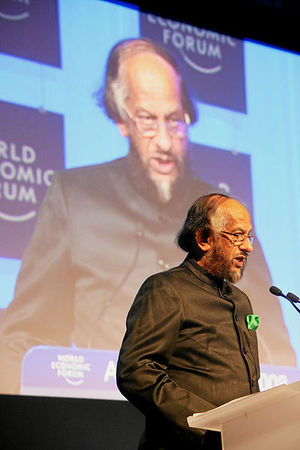
Prof Rajendra Pachauri, chairman of the IPCC, thinks Arab states should shore up their food security as global warming places stress on the world's agricultural resources. But he is not thinking of recent government initiatives to buy fertile farmland in other countries.
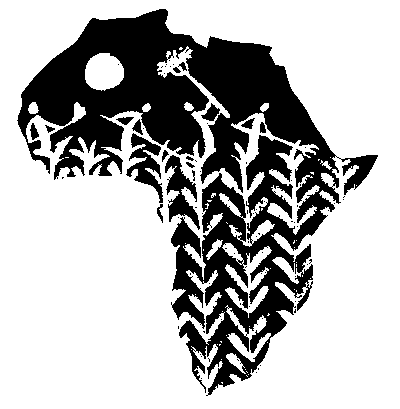
At a recent conference in Cairo, South Africa and Zimbabwe were the only African nations not considered safe havens for foreign farmland investment because of uncertainty about land-reform programmes and unfriendly labour environments.
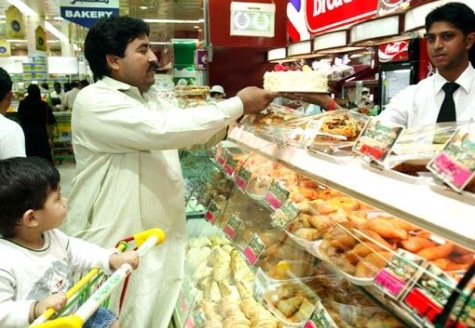
GCC countries are doing the right thing by increasingly exploring investments in farmlands abroad, says Jasim Ali, Bahraini MP.